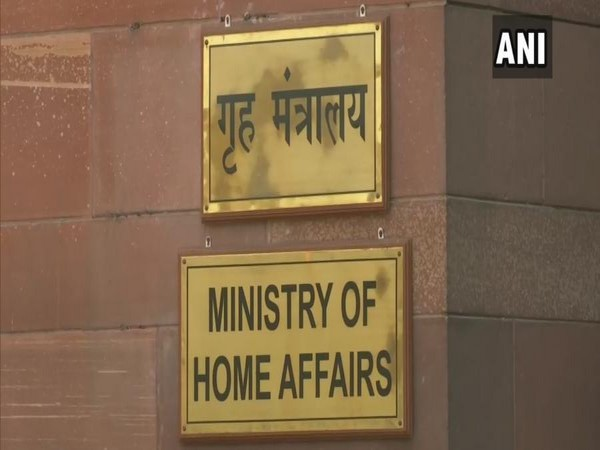AFSPA Extended for Six Months in Nagaland and Arunachal Pradesh
The Armed Forces (Special Powers) Act (AFSPA) has been extended for an additional six months in eight districts of Nagaland and three districts of Arunachal Pradesh, following a review of the law and order situation. The decision was announced by the Union Home Ministry on Wednesday.

- Country:
- India
The Armed Forces (Special Powers) Act (AFSPA), which allows certain regions to be designated as 'disturbed' for security operations, has been extended for six more months in eight districts of Nagaland and three districts of Arunachal Pradesh. This decision follows a review of the law and order conditions in these northeastern states.
In a notification, the Union Home Ministry stated that the central government, using powers under Section 3 of the AFSPA, 1958, has declared eight districts and 21 police stations in five other districts of Nagaland as 'disturbed areas' effective from April 1, 2024. The notification, issued on Wednesday night, reiterated the declaration for another six-month period starting October 1, 2024, unless withdrawn earlier. The districts of Dimapur, Niuland, Chumoukedima, Mon, Kiphire, Noklak, Phek, and Peren have been reimposed under AFSPA.
Specific police station areas in Kohima, Mokokchung, Longleng, Wokha, and Zunheboto districts of Nagaland were also declared as 'disturbed'. In addition, the Home Ministry declared that Tirap, Changlang, Longding districts, and areas under certain police stations in Namsai district of Arunachal Pradesh, bordering Assam, are under AFSPA for another six-month term from October 1, 2024. The review indicated a need for this extension to maintain law and order in these regions.
Home Minister Amit Shah noted that AFSPA has been lifted from 70% regions in the northeastern states but remains in force in Jammu and Kashmir. The act empowers security forces to arrest individuals, and search premises without warrants, among other authorities. Shah also stated that the central government would consider revoking AFSPA in Jammu and Kashmir in the future.
(With inputs from agencies.)
ALSO READ
Opposition Leader Blames Karnataka Gov for Law and Order Collapse
Vibrant Village Programme Boosts Connectivity in Arunachal Pradesh's Border Regions
Security Forces Nab NSCN(IM) Militant in Arunachal Pradesh, Seize Arms and Ammunition
Supreme Court Clarifies Extension of Arbitral Tribunal Tenure
Fugitive Arrested After Six Years on the Run in Arunachal Pradesh Rape Case









